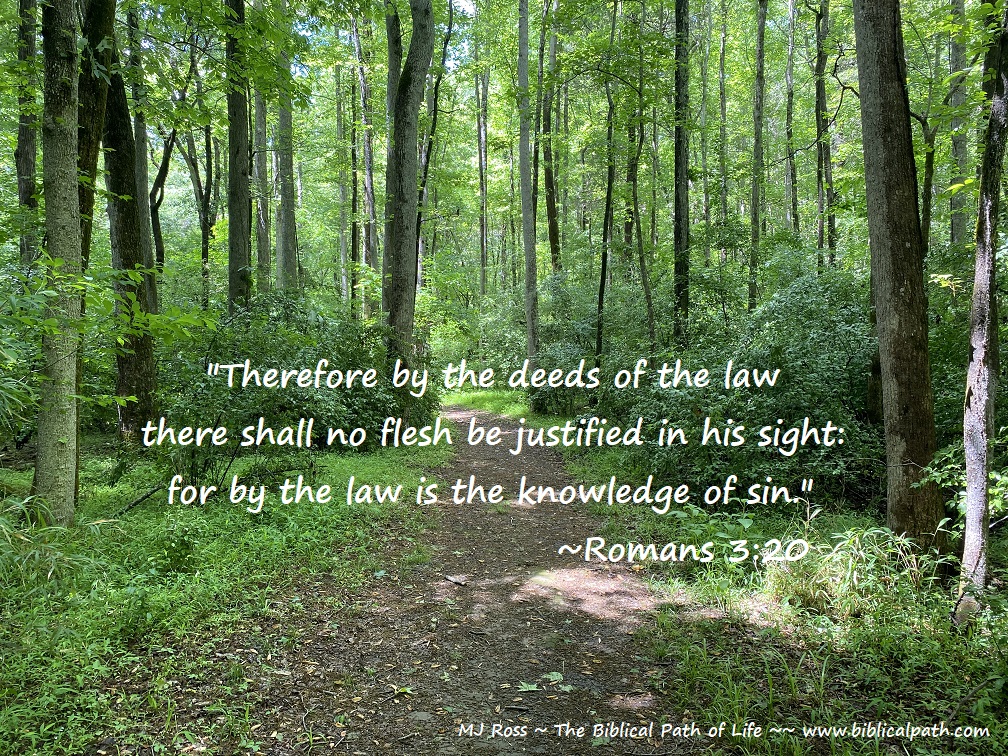
“24. Then said Jesus unto his disciples, If any man will come after me, let him deny himself, and take up his cross, and follow me. 25. For whosoever will save his life shall lose it: and whosoever will lose his life for my sake shall find it.”
Matthew 16:24-25
Nehemiah helped rebuild the city walls of Jerusalem, reinforcing the city. Not only that, but many times the enemy’s plans were thwarted, and God’s people were able to complete the walls in fifty-two days.
Once the city was reinforced and protected, it was time to organize the people. Nehemiah appointed jobs to people and selected men to be rulers in the city. He taught them of the importance of appointing guards to protect the gates of the city, controlling what was allowed inside Jerusalem. The people gathered together and asked Ezra to read the book of the Law to them. After hearing God’s Words, the people recognized their sin, repented, and began to live according to God’s Word. This was followed with a time of prayer. After acknowledging their sin, they made a covenant with God to obey His commands.
Nehemiah returned to Shushan to serve the king again – just as he had promised. After a short time, he returned to Jerusalem. When he arrived, he saw much sin – beginning in the house of the Lord. Eliashib, the priest, was friends with Tobiah (their adversary) and had allowed him to move into the Temple. The Levites were working outside of the city instead of taking care of the house of the Lord. The people were working, buying, and selling on the Sabbath – breaking God’s commands. They had intermarried with the nations around, again; for the high priest’s own grandson had married the daughter of Sanballat, the enemy of God’s people. Nehemiah confronted the people and their sin. He warned the people of the great evil to transgress against God. The sin was corrected. Nehemiah prayed for God’s people. Take time to recognize just how often Nehemiah prayed. Knowing God’s Word and prayer are key in living right before God.
One of the truly sad parts of the book of Nehemiah is that without the constant reproof and the presence of Nehemiah, the people did not continually obey God. They quickly forgot God’s Word, reverting back into their comfortable lifestyles – living however they wanted. If Christians are not careful, we too, will enter into that same trap that the Israelites fell into once they returned to Jerusalem. Christians tend to see and become part of the world in which we live – contrary to Biblical teachings. “15. Love not the world, neither the things that are in the world. If any man love the world, the love of the Father is not in him. 16. For all that is in the world, the lust of the flesh, and the lust of the eyes, and the pride of life, is not of the Father, but is of the world. 17. And the world passeth away, and the lust thereof: but he that doeth the will of God abideth for ever” (1 John 2:15-17). We are warned, and then encouraged to do the will of God.
Christians are to remember what Jesus taught. “24. Then said Jesus unto his disciples, If any man will come after me, let him deny himself, and take up his cross, and follow me. 25. For whosoever will save his life shall lose it: and whosoever will lose his life for my sake shall find it. 26. For what is a man profited, if he shall gain the whole world, and lose his own soul? or what shall a man give in exchange for his soul?” (Matthew 16:24-26). It is important for Christians to deny themselves and follow Jesus – daily!
Christians today have a great advantage that God’s people did not have in the Old Testament. Each person who gives their heart and life to Jesus has God’s Spirit given to them – to teach them right from wrong. The people in Jerusalem had Nehemiah. Nevertheless, when he left, they forgot. God’s Spirit, that Jesus called the Comforter, never leaves a Christian – so we should never forget. Remember what Jesus told His disciples. “15. If ye love me, keep my commandments. 16. And I will pray the Father, and he shall give you another Comforter, that he may abide with you for ever; 17.Even the Spirit of truth; whom the world cannot receive, because it seeth him not, neither knoweth him: but ye know him; for he dwelleth with you, and shall be in you” (John 14:15-17). That Comforter Jesus gave enables us to obey God’s commandments written in the Bible. We have no excuse!
What should motivate Christians to please Jesus in all we do? “11. For the grace of God that bringeth salvation hath appeared to all men, 12. Teaching us that, denying ungodliness and worldly lusts, we should live soberly, righteously, and godly, in this present world” (Titus 2:11-12). It would be good to remember what Jesus prayed for his disciples on that last night in the garden. “14. I have given them thy word; and the world hath hated them, because they are not of the world, even as I am not of the world. 15. I pray not that thou shouldest take them out of the world, but that thou shouldest keep them from the evil. 16. They are not of the world, even as I am not of the world” (John 17:14-16). Christians, today, have God’s Word and His Spirit. We must remember that we are not of this world, just as Jesus is not of this world.
Do you pray often, choosing to deny the things of the world and faithfully follow Jesus?








